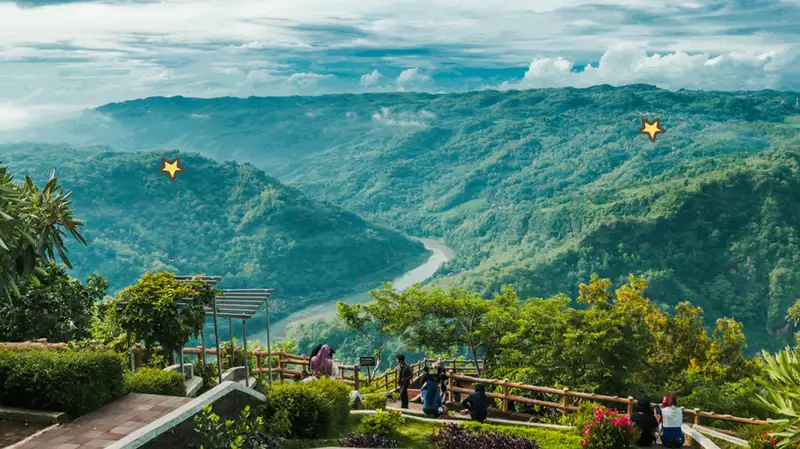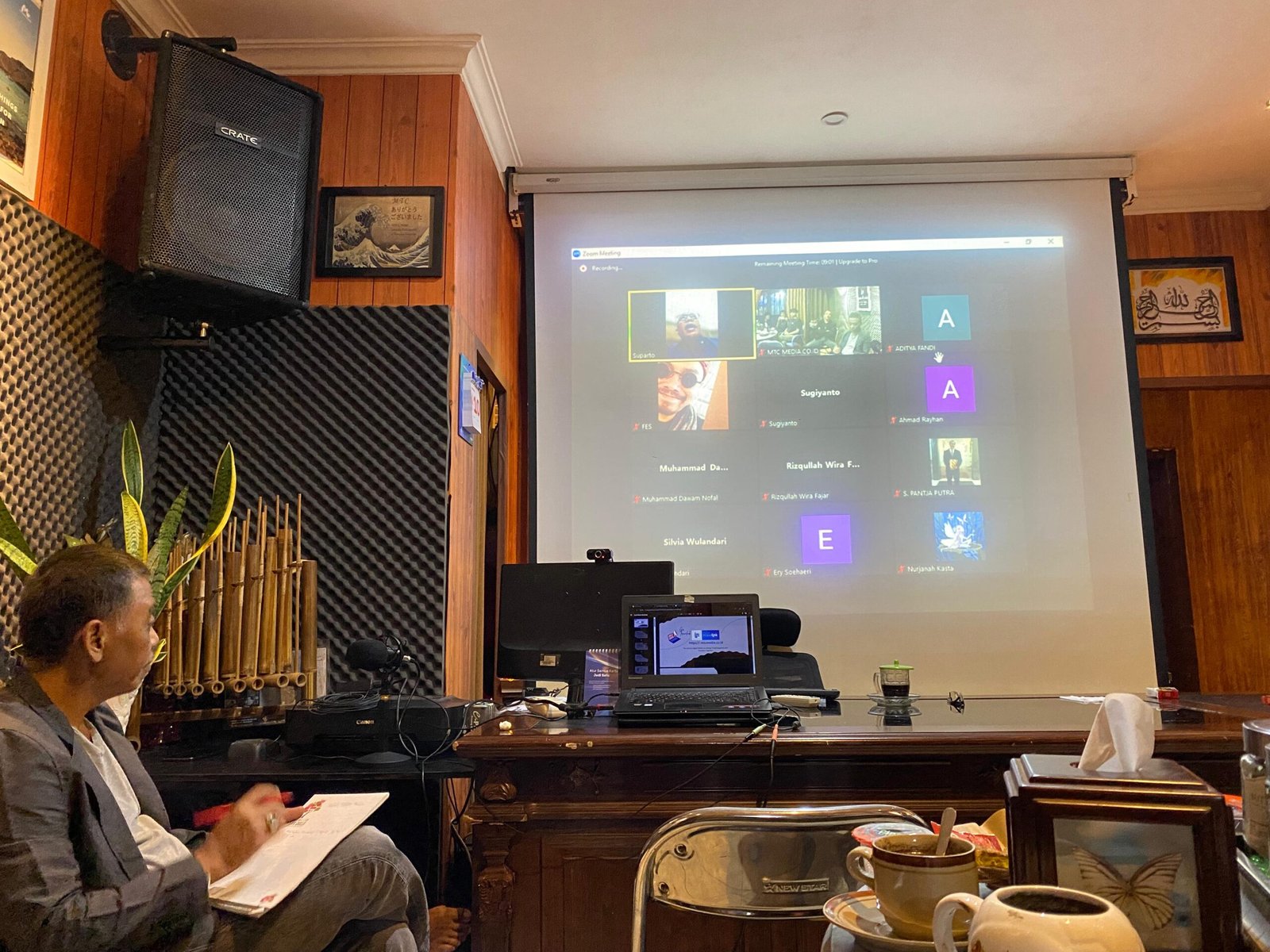MTC MEDIA – Malang. The ASEAN Village Network (AVN) emerges as a beacon of innovation, pioneering a collaborative mission aimed at fostering the advancement of rural communities across the ASEAN landscape. It serves as a testament to the collective aspiration for a unified approach to nurturing the heartlands of Southeast Asia, where the essence of the region’s cultural and economic vitality lies. The voyage of AVN is aptly depicted as an expedition, navigating the complex seas of rural development, facing both the gusty challenges of the voyage and the promising horizons that define the journey of upliftment.

AVN’s journey is like sailing through stormy seas with the digital divide as one of the gusty challenges. This divide, more than just connectivity, encompasses the gap in digital literacy; it is critical for leveraging technology in education, healthcare, and economic growth. AVN must aim to bridge this gap by improving infrastructure and offering educational programs. Rural communities have to be ensured that they are not left behind in the digital age.
Economic disparities present another issue. Rural populations are often trapped in poverty despite their significant contributions to the economy through agriculture and natural resources. AVN’s mission is to stimulate local economies, to promote sustainable practices, and to guarantee fair benefits, aiming to uplift rural communities economically.
Lastly, environmental sustainability is crucial as rural areas battle climate change, deforestation, and biodiversity loss. AVN must also take a look on sustainable agricultural practices, conservation, and resilience against climate change. There is a need of transforming rural landscapes into sustainable development models. Additionally, understanding the social and cultural dynamics is vital too for AVN. Any initiatives should respect and incorporate traditional knowledge, and foster inclusive participation for collective progress.
AVN navigates these challenges with resilience and innovation by embodying sustainability, equity, and cultural preservation for rural development strategies.
Meanwhile, strategies for sustainable rural development can be compared to navigating a ship through uncharted waters. Just as a skilled captain must understand the sea’s currents, winds, and potential hazards to ensure a safe and successful journey, sustainable rural development requires an understanding of local economies, social structures, and environmental challenges. By steering these efforts with a focus on education, infrastructure, and sustainable agriculture, communities can move forward towards prosperity and resilience. This is similar to a sailor in adjusting sails to catch the wind effectively to reach its destination.
Technology and innovation in rural development are like the ship’s compass and navigational tools; these tools guide communities through the complexities of modernization. Just as navigational instruments to enable a ship to chart a course in the vast ocean, appropriately, applied technology can lead rural areas towards improved productivity, access to markets, and higher living standards.

Diversifying the rural economy is akin to a ship equipped for various conditions. The equipment of the ship can make it more resilient against storms and changing seas. A well-prepared vessel can handle diverse conditions by adjusting its sails regardless of the direction of the wind. For this purpose, AVN has to integrate sectors like tourism, renewable energy, and small businesses into the rural economy to protect against economic and environmental volatility. This approach will strengthen community resilience, ensuring sustainable development akin to a ship skillfully navigating towards a prosperous and sustainable horizon.
The ASEAN Village Network (AVN) is a key player in improving rural areas in the ASEAN region, leading communities to growth through new ideas, sustainability, and keeping cultural values. It tackles issues like the digital gap, wealth differences, and environmental risks, showing a strong and welcoming way of developing rural areas. AVN focuses on using technology, diversifying the economy, and using farming methods that are good for the environment. It works like a skilled ship navigating through tricky waters, showing that working together is important for making rural areas in Southeast Asia better and stronger.
By Assoc. Prof. Suparto
Lecturer of Universitas Muhammadiyah Malang.





